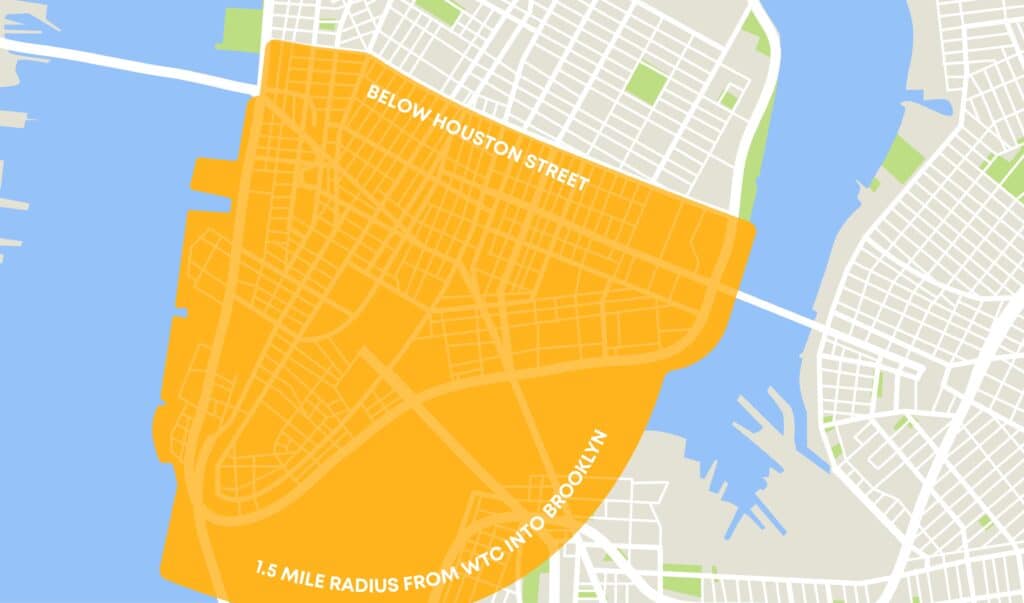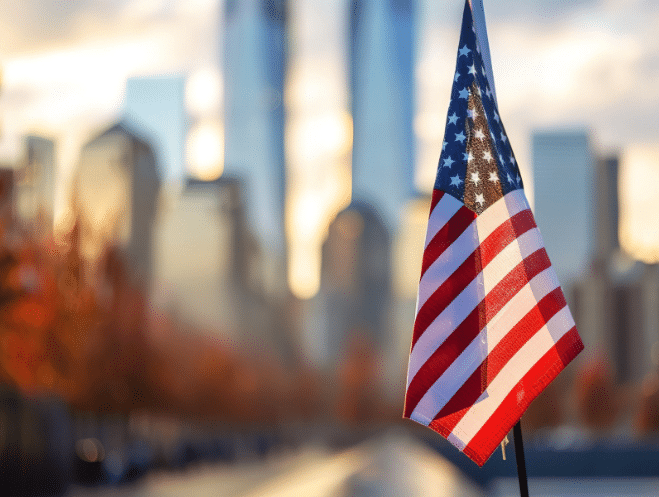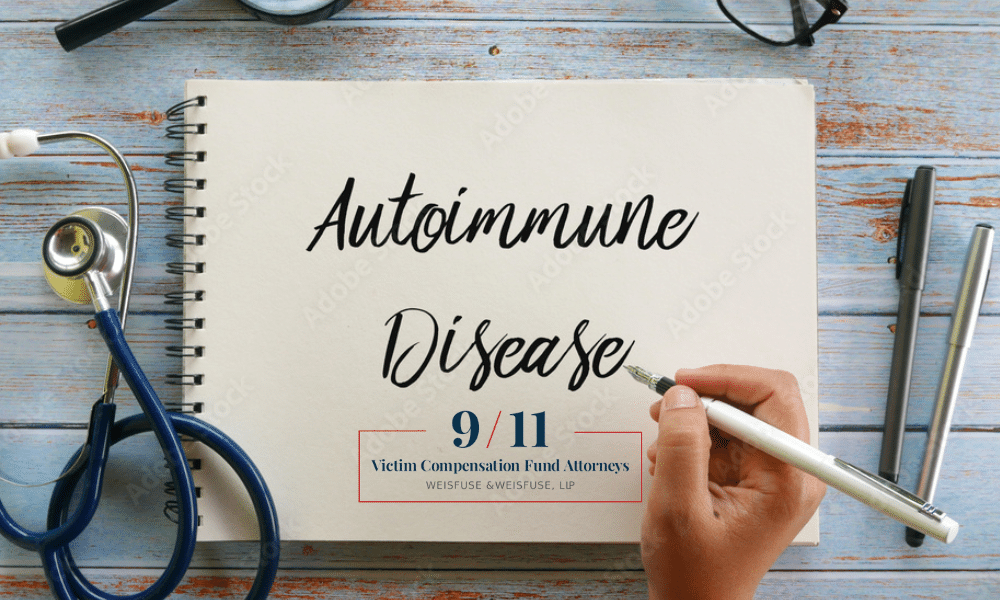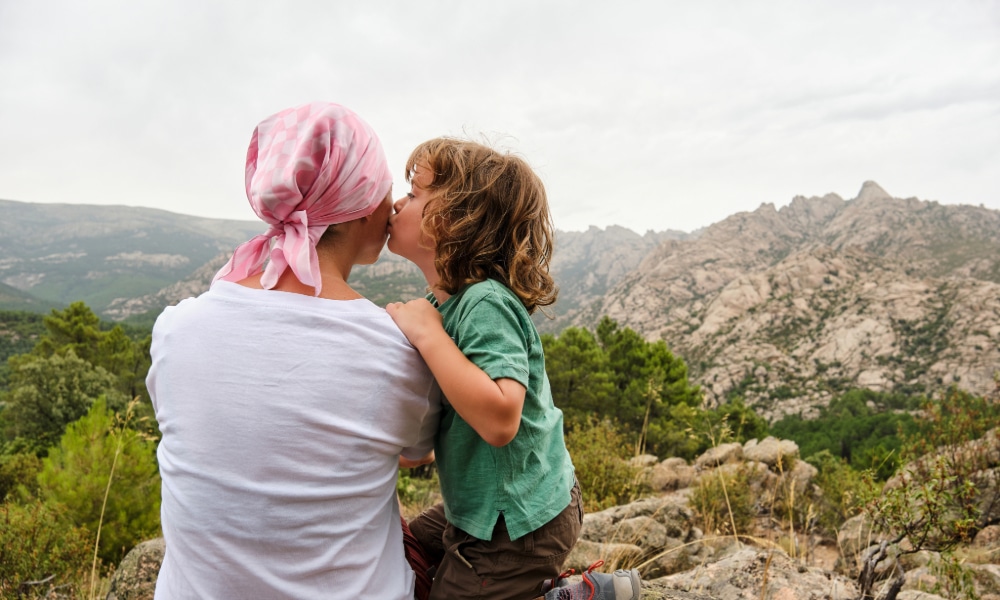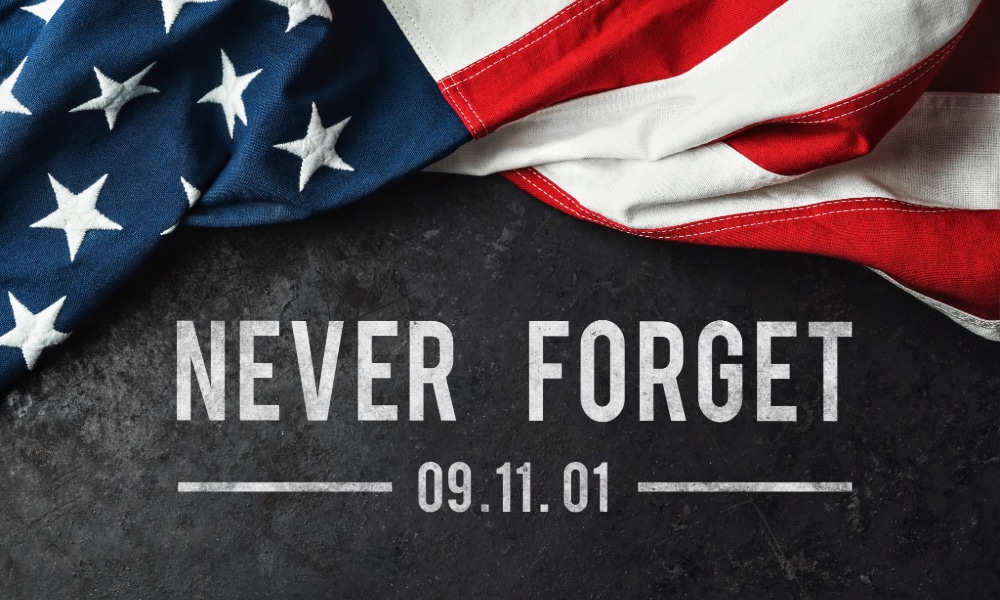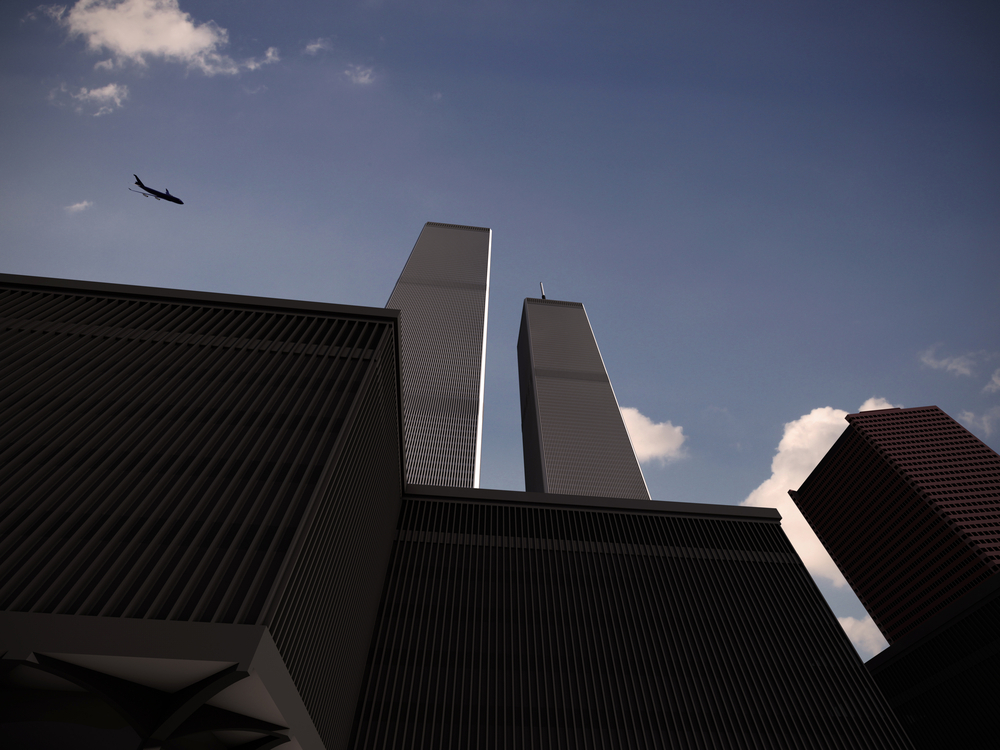
The horrors of the September 11 terrorist attacks are not confined to that one day in 2001, or even in the days and weeks that followed. For the rescue workers – the firefighters, police officers, Port Authority police, EMS, and construction workers who worked on the rescue, recovery, and clean-up efforts – and the people who lived, worked, or attended school in the vicinity of Ground Zero on and in the months after 9/11, the attacks continue to be a source of serious, even deadly, health issues. Many of these health problems are chronic conditions that appeared soon after the attacks, while others presented themselves years later and continue to develop today.
Even more than two decades after terrorists flew passenger jets into the two towers of the World Trade Center, the brave men and women who showed up to help – and the innocent people who happened to be in the area – continue to develop serious chronic conditions due to their exposure to toxic air within the New York City Exposure Zone between September 11, 2001, and May 30, 2002.
The 9/11 Attack on the World Trade Center
The morning of September 11, 2001, dawned bright and clear with blue skies over New York City. The people heading to offices and other locations throughout NYC had no idea that the beautiful September morning was about to be shattered. When the first plane hit the North Tower of the World Trade Center at 8:46 a.m. EDT, most assumed it was an accident. First responders rushed to the scene to help evacuate the terrified people working in the building, to treat the wounded, and of course to extinguish the fire that raged nearly 100 stories up in the air. Less than 20 minutes later, at 9:03 a.m. EDT, a second plane approached and slammed into the South Tower of the World Trade Center.
The passengers and crew on both planes, as well as hundreds of people in each building, were killed instantly. Thousands more were trapped in the towers – many above the crash sites with little to no hope of escape. The Fire Department of New York City (FDNY), New York City Police Department (NYPD), and Port Authority Police Department (PAPD) were all on site and working to rescue the victims. At 9:59 a.m. EDT the South Tower, the second hit, collapsed. The North Tower followed only 29 minutes later at 10:28 a.m. EDT.
All told, 2,753 people were killed in the September 11 attack on the World Trade Center, including 343 firefighters, 37 Port Authority Police Officers, and 23 members of the NYPD. The collapse of the towers sent a cloud of smoke fille with toxic chemicals and miniscule particles into the air and reduced the 110-story towers to a pile of rubble and toxic dust.
While representatives from the United States Environmental Protection Agency (EPA) initially stated that the air was safe, in the months and years since the attack it has become clear that was not the case. Thousands more people who were in the New York City Exposure Zone – a clearly delineated area that includes parts of Manhattan, the debris removal route, and the Fresh Kills Land Fill in Staten Island – have become sick and died or developed chronic medical conditions as a result of their exposure to these toxins.
First responders suffering from 9/11-Related Illnesses
In the days, weeks, and months following the 9/11 attacks, it was the first responders who overwhelmingly were on site at Ground Zero, breathing in the toxic air. They worked long hours as part of the rescue and recovery mission – sometimes digging through the rubble by hand in an attempt to reach a victim or the body of a victim. In the months and years that followed, these brave individuals were among the first to get sick.
Common 9/11-Related Health Conditions
While acute traumatic injuries such as burns, complex sprains, fractures, eye injuries, head trauma, and torn tendons related to the rescue and recovery efforts were somewhat expected, the chronic diseases and conditions that came later were not. After 9/11, first responders began to develop a variety of chronic diseases, especially involving the airway. For many, what started as a chronic cough eventually evolved into airway and digestive disorders. According to the U.S. Centers for Disease Control and Prevention (CDC), these conditions are also referred to as aerodigestive disorders, “a group of disorders that affect breathing airways, such as your sinuses or lungs, or upper digestive tract, such as your esophagus.”
Per the CDC, the list of recognized World Trade Center (WTC) related airway and digestive disorders includes:
- Asthma
- Chronic cough syndrome
- Chronic laryngitis
- Chronic nasopharyngitis
- Chronic obstructive pulmonary disease (COPD)
- Chronic respiratory disorder, fumes and vapors
- Chronic rhinosinusitis
- Gastroesophageal reflux disorder (GERD)
- Interstitial lung disease
- New-onset and WTC-exacerbated chronic obstructive pulmonary disease (COPD)
- Neuropathy symptoms
- Reactive airway dysfunction (RADS)
- Sleep apnea
- Upper airways hyperreactivity
The list of diseases and health conditions does not end there. In the years since 9/11, there has been a high instance of cancer among first responders and others who were in the New York City Exposure Zone. These 9/11-related cancers range from breast and prostate cancer to head and neck cancers (oropharynx and tonsil) and mesothelioma, to name a few. Lung cancer, thyroid cancer, cancers of the urinary system (including kidney and bladder cancer) skin cancer (melanoma, non-melanoma, and carcinoma in situ), ovarian cancer, and cancers of the digestive system (including the colon and rectum) – so many different types of cancer that it seems no part of the body is safe.
The toxic dust that filled the air over New York City caused a litany of illnesses. Although it was believed to be safe at the time, it has since become obvious that that was simply not the case.
The toxic dust that filled the air over New York City caused a litany of illnesses. Although it was believed to be safe at the time, it has since become obvious that that was simply not the case. Rescue, recovery, and clean-up crews were not always equipped with proper protective gear – especially on the day of the attack and the days immediately after 9/11. This put these individuals at especially high risk, with hours of constant exposure to the toxic dust. However, people who lived, worked, or attended school in the area were not safe either. Without masks or other protective gear, they too were exposed to the toxic dust and materials within the entire New York City Exposure Zone.
9/11 and Mental Health Conditions
The 9/11-related illnesses go beyond the physical. Those who were in New York City on September 11, 2001, and in the months following the attack, particularly first responders, have already developed or are at risk of developing mental health conditions such as acute stress disorder, anxiety disorders, depression, panic disorder, post-traumatic stress disorder (PTSD), substance use disorder, and other conditions.
For some, these medical conditions set in immediately after the attacks. However, for others the symptoms did not immediately develop or were not apparent until months or years later. The stress and grief of that day and of the months and years that followed has taken a toll on the people who were there and continues to manifest itself in chronic mental health conditions even two decades later.
9/11-Related Illnesses 20 years Later
More than two decades after the September 11 attack on the World Trade Center, first responders and others who were in the area that day and in the months that followed continue to encounter and struggle with physical and mental health conditions. In addition to aerodigestive disorders, various cancers, and mental health conditions, they are at increased risk of developing cognitive impairment earlier than other people.
Studies conducted by researchers at Stony Brook University showed that many first responders have less brain matter than is normally seen in people their age and “abnormal” proteins in their blood. According to brain imaging, the thinning gray matter indicated brain age approximately 10 years older than their biological age. These studies demonstrate an elevated incidence of neurodegenerative disorders among 9/11 first responders. Researchers believe that in the coming years, as these men and women continue to age, their cognitive abilities will continue to decline at a faster rate than is considered normal.
Currently, the James Zadroga 9/11 Health and Compensation Act does not cover the expensive, ongoing care and treatment most of these neurodegenerative disorders require. More research is needed to demonstrate a causal connection between the toxic dust in the New York City Exposure Zone and the early onset of these cognitive disorders.
Contact Weisfuse & Weisfuse LLP Today
If you or a loved one were in the New York City Exposure Zone between September 11, 2001, and May 30, 2002, and are suffering from health issues that you believe may be related to the September 11, 2001, attach on the World Trade Center and its aftermath, you may be entitled to compensation from the 9/11 Victim Compensation Fund. Filing a claim and demonstrating that you or your loved one’s illness is related to 9/11 can be a complex process, but the 9/11 fund lawyers at Weisfuse & Weisfuse, LLP can help.
We have extensive experience fighting on behalf of 9/11 first responders and others who are suffering from injuries or illnesses due to the September 11th terrorist attacks and the rescue, recovery, and clean-up efforts at Ground Zero, as well as anyone who lived, worked, or attended school within the New York City Exposure Zone during the designated time following the attacks.
We understand the September 11th Victim Compensation Fund claims process and are adept at navigating our clients through it, ensuring that all documentation is provided in full and on time. When claims are denied, we know how to fight the system to help ensure you receive the compensation to which you are entitled. You do not have to go through this alone. Call us at 212-983-3000 or complete our contact form today to schedule a free consultation with one of our knowledgeable 9/11 attorneys.
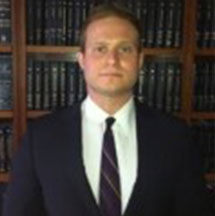
About Jason Weisfuse –
9/11 Victim Compensation Fund Attorney
About Jason Weisfuse –
9/11 Victim Compensation Fund Attorney
Jason E. Weisfuse is a seasoned 9/11 cancer attorney and managing partner at Weisfuse & Weisfuse, LLP, a New York City-based law firm dedicated to representing individuals affected by the September 11th attacks. Since the establishment of the September 11th Victim Compensation Fund (VCF), Jason has been instrumental in assisting first responders, survivors, and families in securing the compensation and medical benefits they deserve.
With a Juris Doctor from New York Law School (2009), Jason brings extensive experience regarding the 9/11 Victim Compensation Fund to his practice. His deep understanding of the VCF and the World Trade Center Health Program (WTCHP) has enabled him to navigate complex claims processes effectively, resulting in substantial awards for his clients.
Jason’s commitment to the victims in the 9/11 community is evident through his active involvement in professional organizations such as the New York State Trial Lawyers Association and the American Association for Justice. He has also contributed to legal discourse with publications in the New York Law Journal, reflecting his dedication to legal excellence and advocacy.
At Weisfuse & Weisfuse, LLP, Jason continues to provide compassionate and knowledgeable representation, ensuring that those affected by 9/11 receive the support and compensation they are entitled to.


